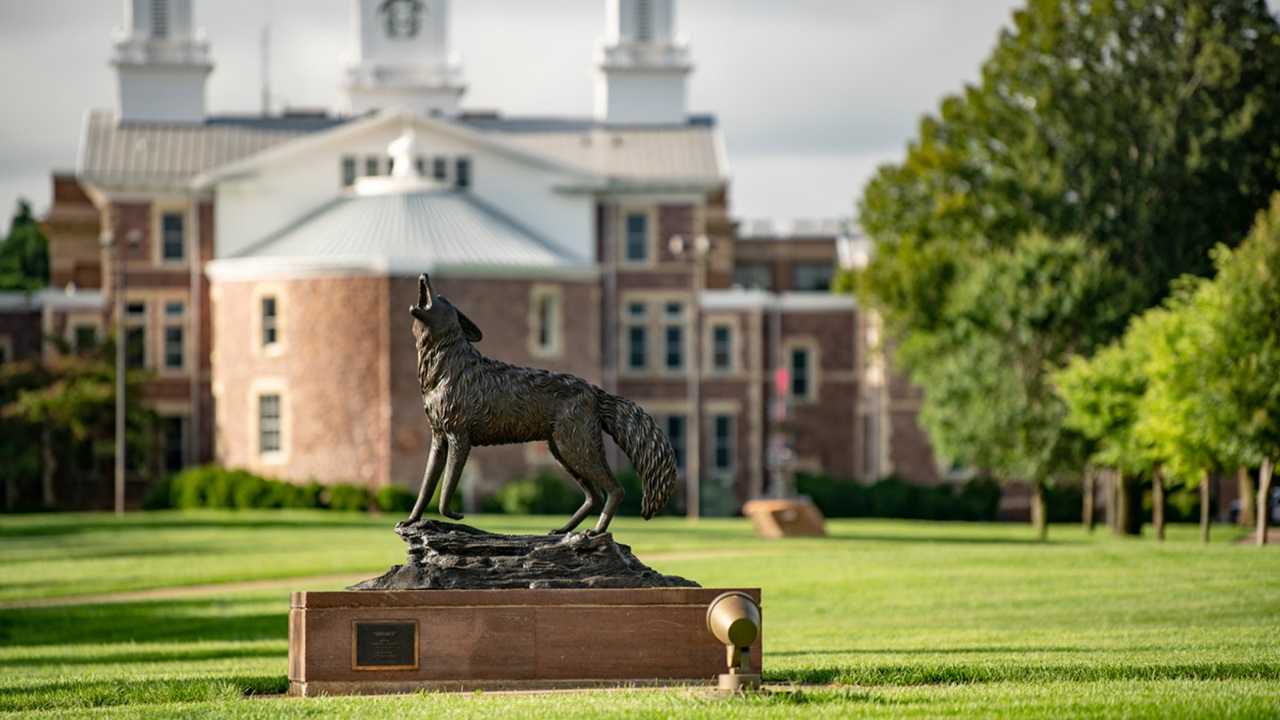USD Involved in Two Studies Researching Impact and Solutions of Sex Trafficking of Native Americans

Although Native American women and girls experience disproportionally high rates of sex trafficking, little is known about the impact that sex trafficking has specifically on Native survivors, or what Native survivors need to heal and achieve safety and justice. By collaborating with Native American organizations to better understand what survivors need to cope, heal and achieve safety and justice, the researchers hope to determine how cultural differences and social inequalities shape available help for sex trafficking survivors.
Both projects are led by Indigenous leaders and experts in interpersonal violence across the region. “We are honored to be a part of this grant because it will give us the opportunity to address this long-standing public health crisis, raise awareness and provide answers and proactive solutions for our Indigenous communities in the Great Plains,” said Great Plains Action Society’s Trica Etringer (HoChunk/Pima/Meskawaki/Ojibwe).
Partners like Great Plains Action Society are the central voices of this project. They direct the research team on all parts of the research process. This research team includes:
Bridget Diamond-Welch, director of research and innovation, School of Health Sciences, University of South Dakota; Katie Edwards, director of the Interpersonal Violence Research Laboratory and associate professor, CYFS and educational psychology, University of Nebraska-Lincoln; Anna Kosloski, associate professor at the University of Colorado Colorado Springs; and Colette Yellow Robe, Native American Studies affiliate professor and academic retention specialist.
One project is Isnala Snee/I Am Not Alone, a community-based, Indigenous-led study that gathers data from 75 Native survivors of sex trafficking, age 18 and older, living in western South Dakota. The second study is Indigenous Voices Rising, which includes participants from 15 Native American tribes spread across the northern Great Plains, and will interview survivors of trafficking, frontline responders and community members. Its focus is on prevention and early identification of Native American survivors of sex trafficking.
Pauletta Red Willow, director of Maggie’s House Youth Center in Kyle, South Dakota, said that along with the historical trauma associated with sex trafficking of Native Americans, trafficking also occurs on reservations and in nearby border towns. “So much of the data supports the notion that Native American women are not valued as equal beings,” she said. “Because of media portrayals, racism and other factors, our value is not held to as high a standard as a non-Native, which contributes to higher rates of sex trafficking among Native women and girls.”
The team aims to identify how Native Americans are recruited, groomed and coerced into sex trafficking situations, and clarify how survivors are identified by law enforcement, medical providers and advocates.
“The survivors are the experts; we’re just providing the voice for them,” said Lenny Hayes, mental and chemical health therapist and project community partner. “My hope with this research is that this population will be seen and heard.”
For both projects, data will be collected from Native American adults who have experienced sex trafficking, either during childhood or adulthood — including those who did or did not access formal services. Participants will be interviewed about their experiences in person — one-on-one or in talking circles — and via phone or videoconferencing.
“Current research on human trafficking does not consider cultural factors in what creates patterns of vulnerabilities,” Diamond-Welch said. “Without this information, we cannot design effective prevention and response efforts.”
